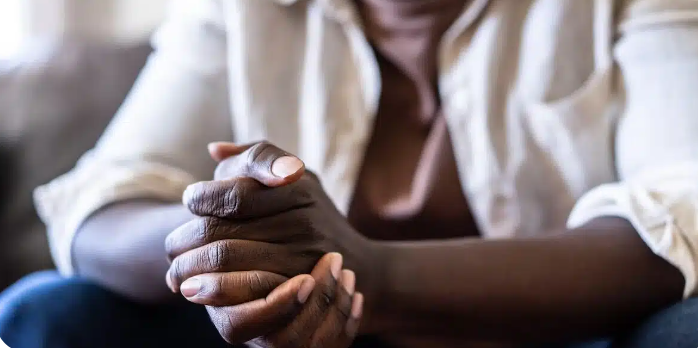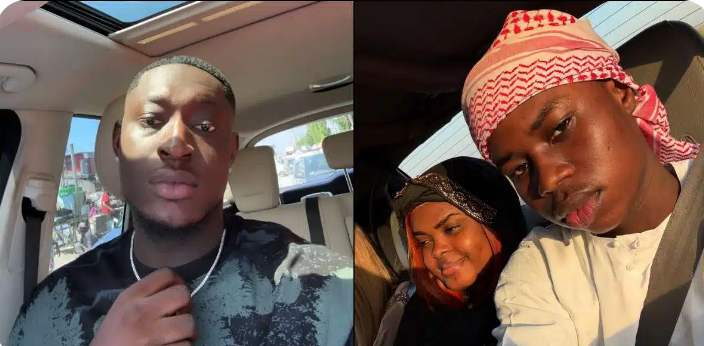
“My Dream Was Stolen”: UNN Medical Student Speaks Out After Shock Expulsion Over Exam Malpractice Allegation

In a stunning turn of events that has rocked the academic community, a medical student of the University of Nigeria, Nsukka (UNN), has publicly accused the institution of unfair expulsion over an alleged examination malpractice — a charge he vehemently denies. The student, whose identity remains anonymous for safety reasons, took to social media to share his anguish and plea for justice in a deeply emotional post on X (formerly Twitter), via the account @injusticeunec.
What was once a promising academic journey for the 300-level medical student has now turned into a nightmare, marred by accusations he insists are baseless and a disciplinary process he describes as deeply flawed. “My mental health has been messed up by the University of Nigeria, Enugu Campus (UNEC). My right to fair hearing has been denied. But I will never give up until I get justice,” he wrote.
The student said the nightmare began shortly after he sat for his 2nd MBBS Physiology exam on November 1, 2024. It was supposed to be another step toward becoming a doctor — a goal he had worked tirelessly to achieve. But a few days later, everything came crashing down. “I got a call: ‘You’ve been accused of malpractice.’ They said some classmates wrote petitions against me. I was confused,” he recounted.
Summoned before a panel made up of lecturers, the student was allegedly blindsided by the proceedings. “They showed me my essay script… I confirmed it was mine. Same handwriting. Same answers I remembered. Then they hit me with it: ‘This is not one of the official exam booklets. It’s an external script.’ I was shocked. I didn’t bring any external script.”
He maintained that he used only the booklet handed to him by the exam invigilator, emphasizing that he signed the register twice on the exam day, as required. “How would I even get access to an unofficial script in a professional exam setting?” he asked, bewildered.
According to the student, the panel quickly became hostile and aggressive, bombarding him with technical questions as though trying to catch him in a lie. Lecturers reportedly involved in the interrogation included Dr. Esugorie and Mrs. Ikekpazu, who allegedly questioned him about a supposed relationship with another faculty member, Mr. Ossai. “They asked, ‘You paid him for the script, didn’t you?’ I said no. They didn’t believe me.”
Despite asserting his innocence, he claims he was treated like a criminal, grilled without evidence, and denied any opportunity to properly defend himself. “They pressured me to admit something I never did. I left the room feeling helpless, humiliated, and broken. Still… there was no evidence. Nothing,” he stated.
The fallout from the accusation was swift and severe. His academic results in Physiology, Anatomy, and Biochemistry were withheld. But he soon discovered that he was not alone — over 60 other students from the College of Medicine and Medical Rehabilitation were also implicated in what is fast becoming a scandal.
By May 28th, after nearly seven months of silence, he learned that the university’s Senate had finalized its decision: expulsion. The justification, according to him, was the assertion by the Dean, Prof. Esom, that students had “exchanged scripts” during the exam — an allegation he firmly denies. “We weren’t even allowed to speak for ourselves,” he said, adding that no substantial proof was presented and no appeal process was offered.
His story has sparked widespread outrage and concern, especially among students and alumni who are now questioning the transparency and fairness of disciplinary procedures at one of Nigeria’s most prestigious universities. “If this happened to me, it could happen to anyone,” he warned. “We need transparency. We need fairness. We need justice.”
On social media, his post quickly gained traction, with many users calling for a thorough investigation into the case. Some have asked for independent legal bodies or human rights organizations to step in, citing possible violations of due process and the psychological toll such accusations can have on young students.
What makes this incident even more disturbing is the scale of the disciplinary action — the expulsion of 59 students, most of whom reportedly received little to no opportunity to defend themselves. Critics argue that the university’s approach raises serious concerns about institutional accountability, the presumption of innocence, and the potential for abuse of power within academic hierarchies.
As the controversy unfolds, many are wondering what the next steps will be. Will the university respond to these allegations of injustice? Will the expelled students get a second chance to clear their names? And perhaps most importantly, how many others might be suffering in silence under similar circumstances?
For now, the student behind @injusticeunec says he refuses to be silenced. His voice, though shaking with pain, has become a symbol of defiance and resilience. “This is the story of how injustice, silence, and power ruined the dream I had worked so hard for. I’m speaking out now because I have nothing left to lose — only truth to gain.”
His story is not just a personal tragedy but a wake-up call to academic institutions across the country to re-examine how they handle allegations, the rights of students, and the processes by which justice is served. At a time when mental health and student welfare are being pushed to the forefront, cases like this show that there's still a long way to go.
As one X user poignantly commented, “You don’t just expel a student without airtight evidence. You don’t crush dreams because of whispers. Justice must be louder than silence.”
The University of Nigeria, Nsukka, is yet to issue an official response to the allegations as of the time of this report. But one thing is clear — the expelled student’s cry for justice is echoing far beyond the gates of UNEC. Whether or not the institution chooses to listen may very well determine the future of not just one student, but the credibility of a system entrusted with shaping the nation’s brightest minds.


